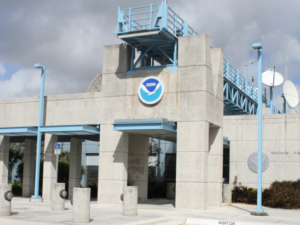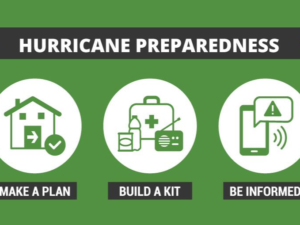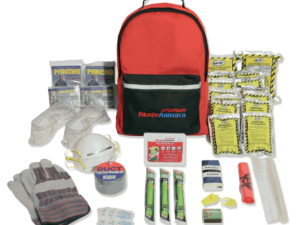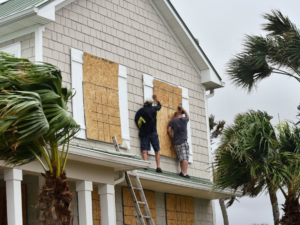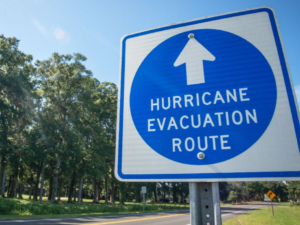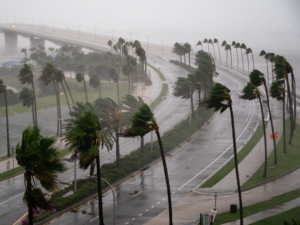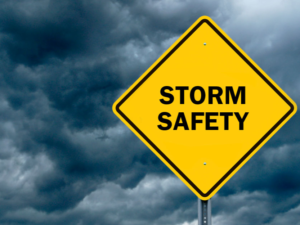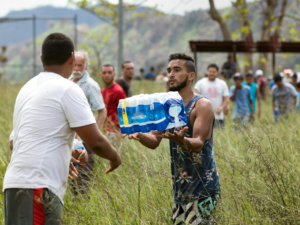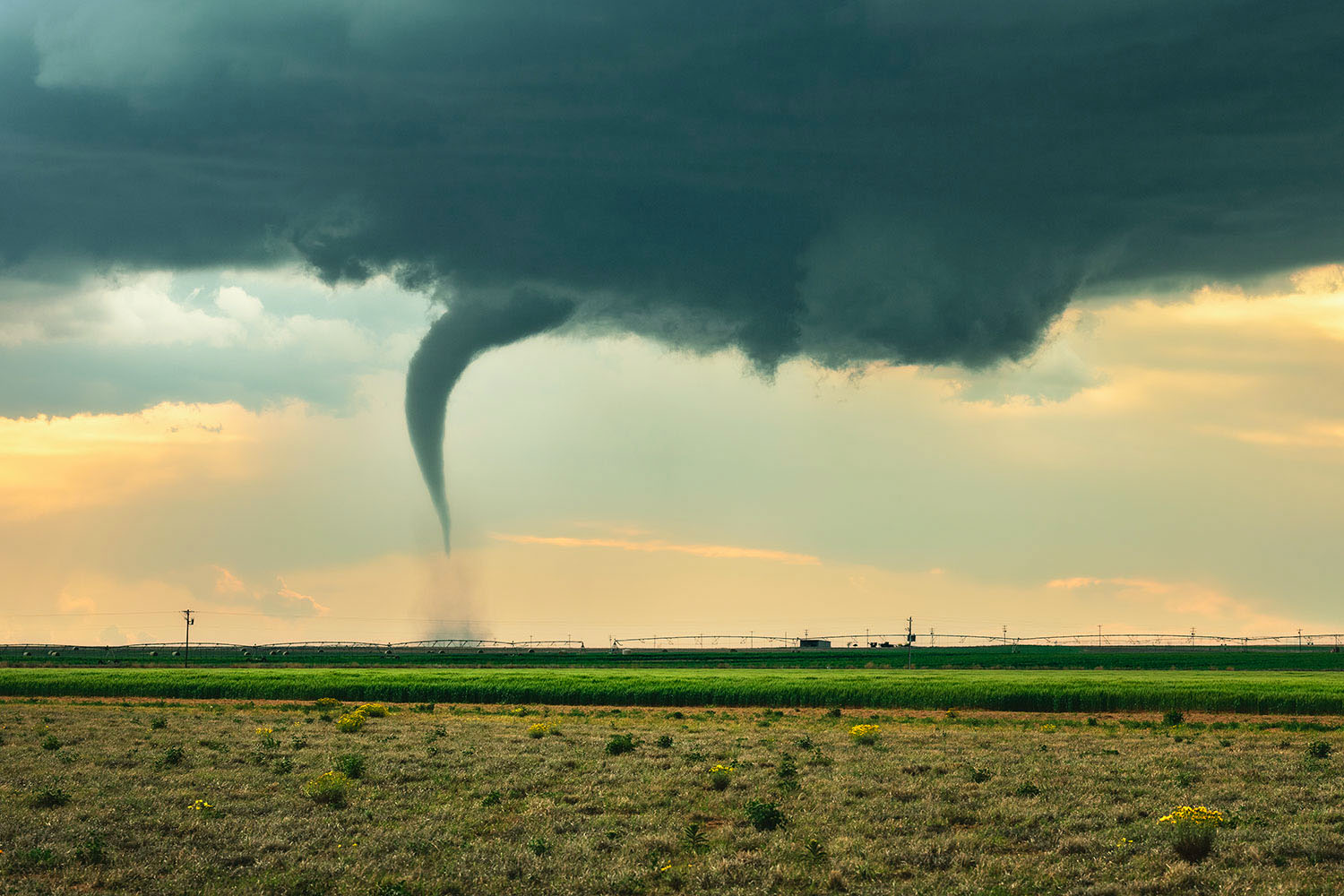Hurricane Safety Awareness
Hurricane safety awareness is crucial for individuals living in or visiting areas prone to hurricanes. Being prepared and knowledgeable about safety measures can significantly reduce the risks associated with these powerful storms. Here are some key points to consider:
- Stay informed: Monitor reliable sources of information such as the National Hurricane Center (NHC) or your local meteorological agencies for the latest updates on hurricanes. Pay attention to evacuation orders, storm tracks, and other important announcements.
- Create an emergency plan: Develop a comprehensive plan for your family or household. Identify a safe meeting place, establish communication channels, and ensure everyone knows what to do in case of an emergency. Practice your plan regularly to ensure everyone is familiar with the procedures.
- Prepare an emergency kit: Assemble a well-stocked emergency kit that includes essential supplies such as non-perishable food, water, medications, batteries, flashlights, a first aid kit, important documents, cash, and a portable weather radio.
- Secure your property: Take steps to protect your home and belongings. Trim trees and branches near your property that could potentially cause damage. Reinforce windows and doors, and consider installing storm shutters or impact-resistant glass. Secure loose outdoor items that could become projectiles in high winds.
- Evacuation planning: If authorities issue an evacuation order, follow it promptly. Have a designated evacuation route and alternate routes in case of road closures. Plan ahead for the needs of pets or individuals with special requirements.
- Be cautious during the storm: If you are unable to evacuate and must ride out the storm, stay indoors in an interior room away from windows. Avoid using candles and rely on flashlights instead to reduce the risk of fire. Stay updated on weather conditions through a battery-operated radio or a mobile device with a backup power source.
- Post-storm safety: After the storm passes, remain cautious. Be aware of downed power lines, weakened structures, and other hazards. Do not venture into flooded areas, as they can be dangerous due to unseen debris and fast-moving water.
- Community support: Foster a sense of community preparedness by sharing information and resources with neighbors. Help those who may require assistance, such as the elderly or individuals with disabilities, to ensure their safety during and after the storm.
Remember, hurricane safety is a collective effort, and it’s essential to stay vigilant and informed to protect yourself, your loved ones, and your property. Always follow the guidance and instructions of local authorities during severe weather events.

